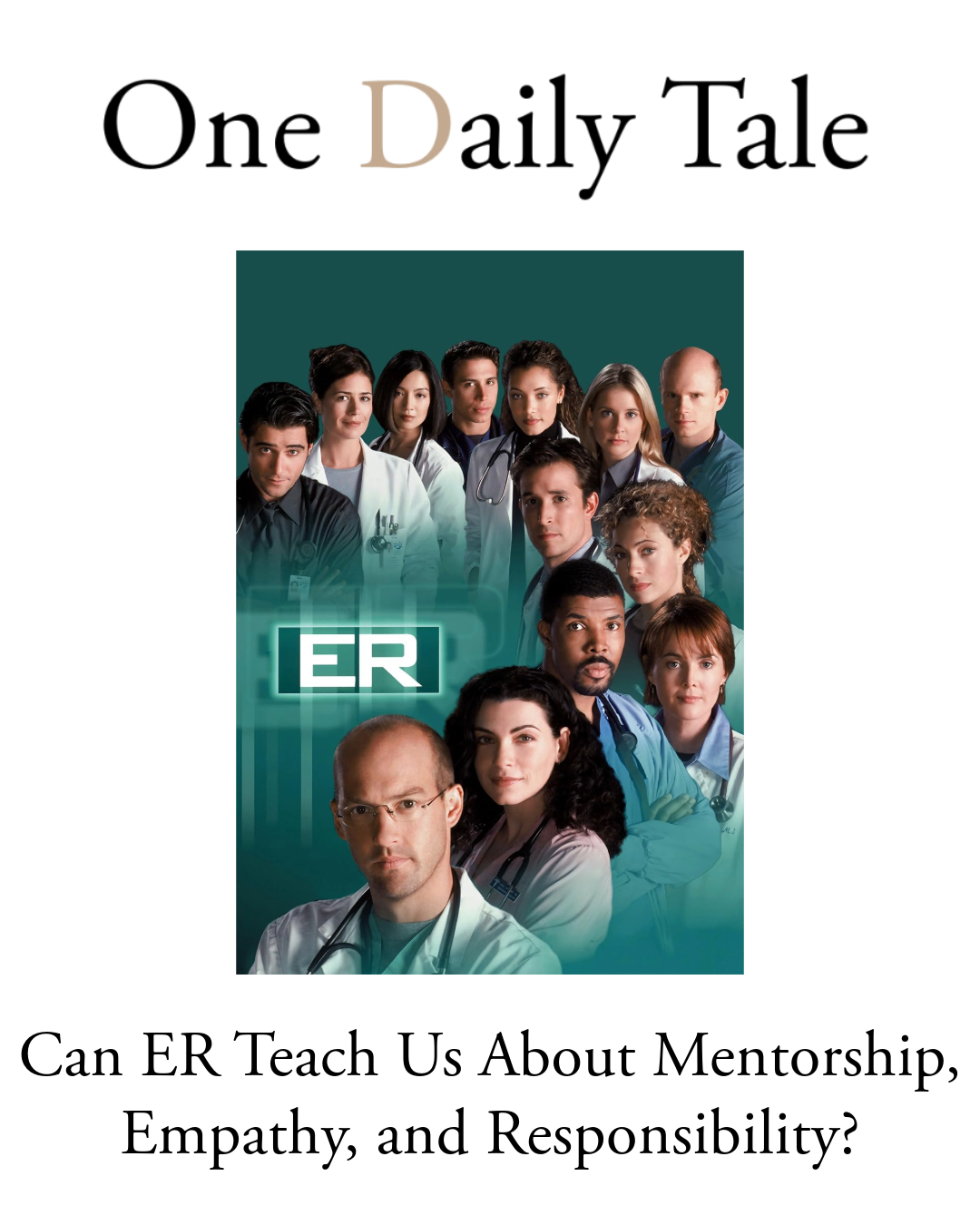What Can We Learn from the Dynamic Between Carter and Benton?
ER was an American medical drama television series created by Michael Crichton that aired on NBC from September 19, 1994, to April 2, 2009, with a total of 331 episodes spanning 15 seasons. With such an extensive run and a vast array of characters, it is challenging to focus on just one aspect. However, one of the most compelling relationships in the series was the complex dynamic between John Carter and Peter Benton, defined by a constant push-and-pull between respect and disappointment.
At the beginning of ER, Carter is a medical student assigned to Benton, a surgical resident. While Benton recognizes Carter’s potential as a doctor, their personalities frequently clash, particularly as Carter begins to question whether surgery is his true calling. This conflict reaches a turning point when Carter ultimately decides to leave surgery for emergency medicine, a decision that strains their relationship but never erodes Carter’s admiration for Benton as a mentor.
The power of mentorship is undeniable. We learn not just from formal education but by observing and emulating others. Whether in a workplace, a family, or society at large, our actions influence those around us—especially children. With their innate neuroplasticity, children absorb knowledge and behaviors like sponges, making it crucial for adults to model the kind of education and values they wish to instill. The greater one’s influence, the greater the responsibility to guide others in a positive way.
Why Is Empathy Crucial in Moments of Crisis?
The relationship between Benton and Carter deepens when Carter experiences one of the most harrowing moments in his life—being stabbed in the line of duty, which leads to a battle with addiction. In his darkest moments, Carter struggles to admit his problem and desperately needs support. That support comes from an unlikely source: Benton.
Despite often being perceived as solely ambitious and emotionally distant, Benton rises to the occasion when Carter needs him the most. His empathy, rather than his surgical skill, becomes his greatest asset. In life, we all encounter times when we need a “Benton”—someone who listens without judgment, offers help without expectation, and provides support when we cannot stand on our own.
We live in a world of billions of individuals, each facing unique struggles. No one can do it all alone. But if we can be a pillar of strength for even one person, at one crucial moment, we will have already made a meaningful impact.
What do you think? Have you ever had a mentor like Benton, or have you been one for someone else? Share your thoughts in the comments!










Leave a Reply